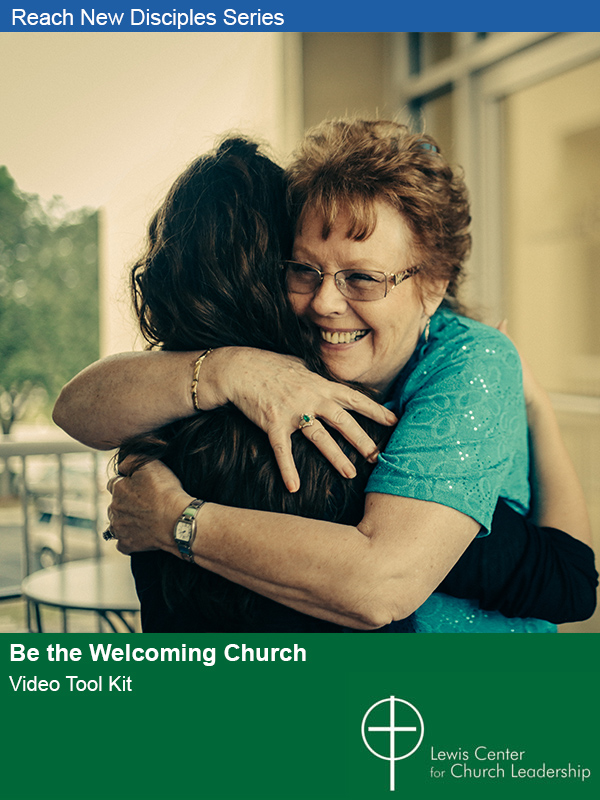As multiculturalism takes hold in U.S. churches, there is a greater need for competent intercultural leaders, says Brian Leander of Adelphi University. He says “culturally intelligent” leaders in diversity-oriented churches are highly interested in experiences with other cultures and interactions with people from other cultures. They articulate a vision for diversity and share their vision and values with other leaders.
The U.S. Church is at a critical juncture where its future could depend on leaders’ ability to reconcile historical patterns of incongruence between the Church, the Biblical message of reconciliation, and the socially integrated lives of people in a growing number of communities. The movement towards diversity-oriented churches is being influenced by individuals whose Christian identity has been reoriented towards diversity and who are attempting to reorient the trajectory of the Church in the United States away from historical homogeneity.
Leaders of diversity-oriented churches must practice and preach what they believe about diversity in keeping with the mission of Christ.
As multiculturalism takes hold, there will be a greater need for leaders with intercultural competency. Intercultural competency is a set of skills, knowledge, attributes, behaviors, and attitudes necessary for successful interaction with people from different cultures. Intercultural competence is behavior that promotes shared understanding between people with different values, experiences, and perspectives. Intercultural leaders are able to reconcile cultural dilemmas and conflicts within their organizations. But how do successful leaders develop these and other related competencies?
Cultural Intelligence
Cultural intelligence is being recognized as a necessary competency for leaders who want to lead in diversity-oriented churches. Cultural intelligence is defined as “an individual’s capability to function and manage effectively in culturally diverse settings.” Cultural intelligence requires people to switch national contexts and learn new behaviors. In other words, to become an effective leader of a diversity-oriented church, a person must confront his or her own ethnocentrism, prejudice, and bias. The culturally intelligent leader is able to suspend personal judgments that lead to ethnocentrism, prejudice, and bias, thereby understanding, relating to, and motivating people from diverse social groups towards organizational goals, thereby mitigating some of the challenges of intercultural social integration.
Cultural Intelligence and Effective Church Leadership
As it relates to intercultural leadership, the leadership practices of senior pastors in diversity-oriented churches embody values for diversity within the church on visible factors (race, age, gender, ethnicity) along with culture, ability, sexual orientation, and socioeconomic class at every level of the organization. Leaders of diversity-oriented churches are more likely to engage with these issues through the lens of reconciliation and justice. Leaders of homogeneous churches, on the other hand, might try to avoid them altogether.
In a recent empirical study of 65 senior pastors and 92 top-management team members in the United States, I discovered several findings that relate cultural intelligence to effective leadership in diversity-oriented churches.
- Senior pastors in diversity-oriented churches demonstrated significantly higher interest in experiencing other cultures and interacting with people from different cultures than senior pastors of homogeneous churches.
- In diversity-oriented churches, as the senior pastor’s cultural intelligence increased, so did the top-management team’s openness to diversity. Therefore, the senior pastor’s cultural intelligence was positively related to the attitudes, beliefs, and behaviors of the ministry team.
- Senior pastors in diversity-oriented churches influenced the organizational diversity climate by articulating a vision for diversity and aligning it with inclusive leadership practices.
As multiculturalism takes hold in the Church in the United States, there will be a greater need for competent intercultural leaders. As with many other examples of effective leadership, leaders of diversity-oriented churches must practice and preach what they believe about diversity in keeping with the mission of Christ. The good news about intercultural leadership competencies is that they are attainable through continual self-reflection, personal reconciliation, and intentional intimate relationships with a variety of people.
This article is adapted from Dr. Leander’s paper on “Intercultural Leadership in Diversity-Oriented Churches.” Used by permission. Learn more about his work at abrianleander.com.
Related Resources
- 7 Key Characteristics of Diversity-Oriented Churches by Brian Leander
- 5 Keys to Becoming a More Inclusive Community by Mark DeYmaz And Bob Whitesel
- Diversity Leadership in the Church by Jeffrey S. Rogers







